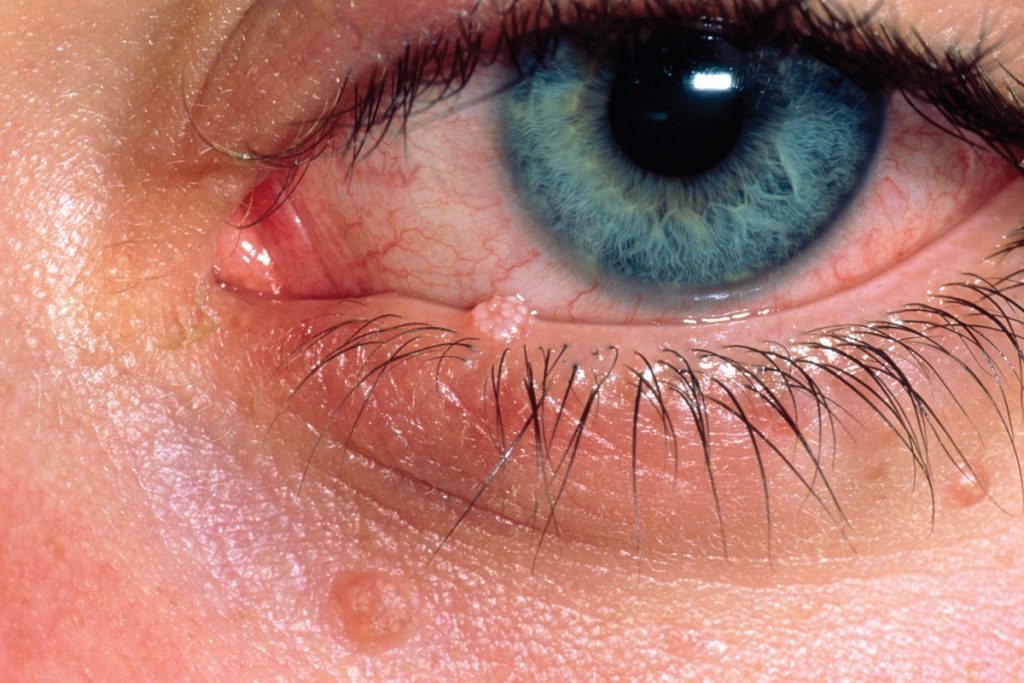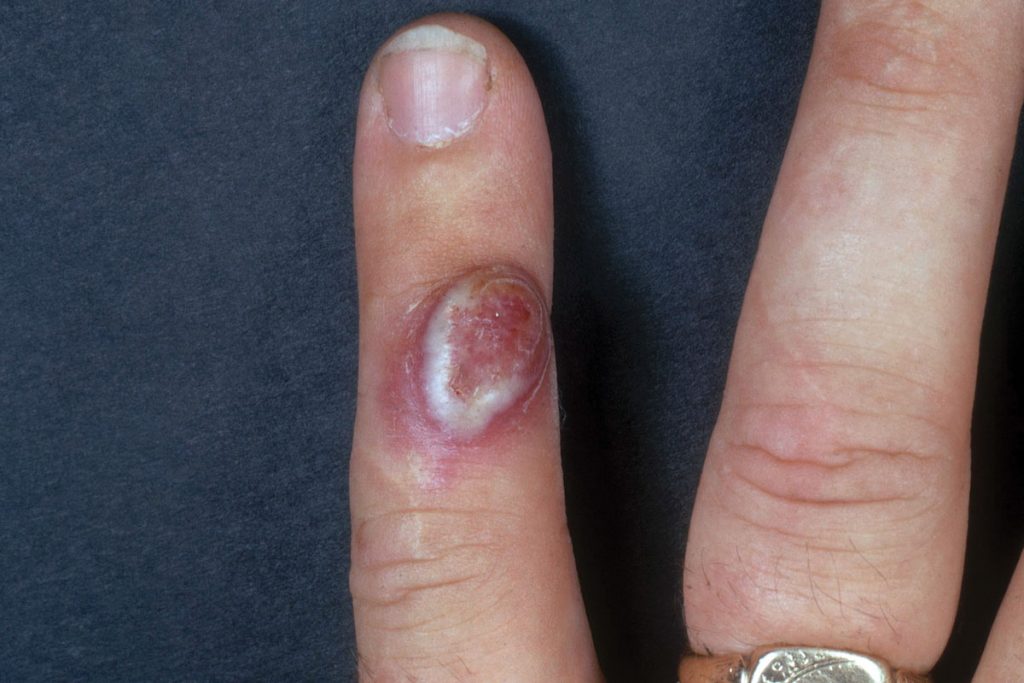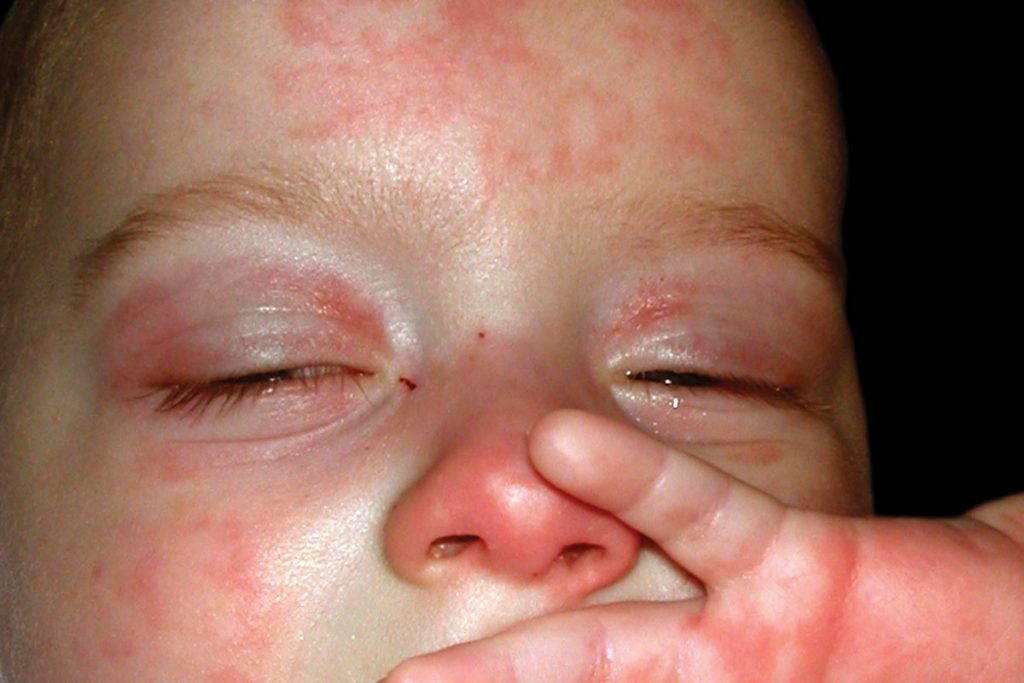Medical arithmetic: Cysts, asthma and fever
What do these presentations add up to? By Dr Keith Hopcroft
CASE EASY
The patient
This 26-year-old woman has no significant past medical history.
She says
‘I’ve got these bumps on my eyelids. I was told they’re tiny cysts but they seem to be spreading. One of them sometimes irritates my eye.’
+

=
See end of article for answer
CASE MODERATE
The patient
This 42-year-old man has a history of asthma. He uses salbutamol as needed.
He says
‘I just need some antibiotics for a boil on my finger. It’s a bit sore. I’ve had it for three weeks now and it’s not clearing up – I need to get back to work as I’m doing some casual work on a farm and they’re short staffed.’
+

=
See end of article for answer
CASE HARD
The patient
This baby is 18 months old and has no past problems. He was seen a few days ago with fever and no focal signs. No specific treatment was given.
Mum says
‘He’s had this fever for six days now and he’s getting worse. His eyes are red and his hands seem puffy. He’s got a rash too and looks a right state. And he’s very miserable.’
+

=
See end of article for answer
Dr Keith Hopcroft is Pulse’s medical adviser and a GP in Basildon, Essex
Answers
EASY These are usually easy to diagnose but can cause confusion when they occur in an atypical site, such as around the eyes. Most resolve within 18 months or so and specific treatment is not usually recommended. In this situation, though, intervention would be warranted and would require referral to an ophthalmologist.
MODERATE This is caused by infection with a pox virus, usually in those who have come into contact with sheep. The result is a sore, ulcerating nodule typically on the hands or arms, which may cause lymphangitis or lymphadenopathy. Most lesions resolve spontaneously after about six weeks.
HARD This is a febrile vasculitis that affects children usually under the age of five years. It comprises a fever lasting more than five days, with a rash, conjunctivitis, cracked lips, enlarged cervical glands and changes in the hands and feet (initially reddening and swelling, then desquamation). These children need urgent paediatric assessment as they can be very unwell and can suffer cardiac complications.
Pulse July survey
Take our July 2025 survey to potentially win £1.000 worth of tokens

Visit Pulse Reference for details on 140 symptoms, including easily searchable symptoms and categories, offering you a free platform to check symptoms and receive potential diagnoses during consultations.
Related Articles
READERS' COMMENTS [3]
Please note, only GPs are permitted to add comments to articles














xx
Thanks for these cases. For info, the answers don’t display fully (they are missing the names of the diagnoses).
What was the “easy” condition? Got the other two, thanks.